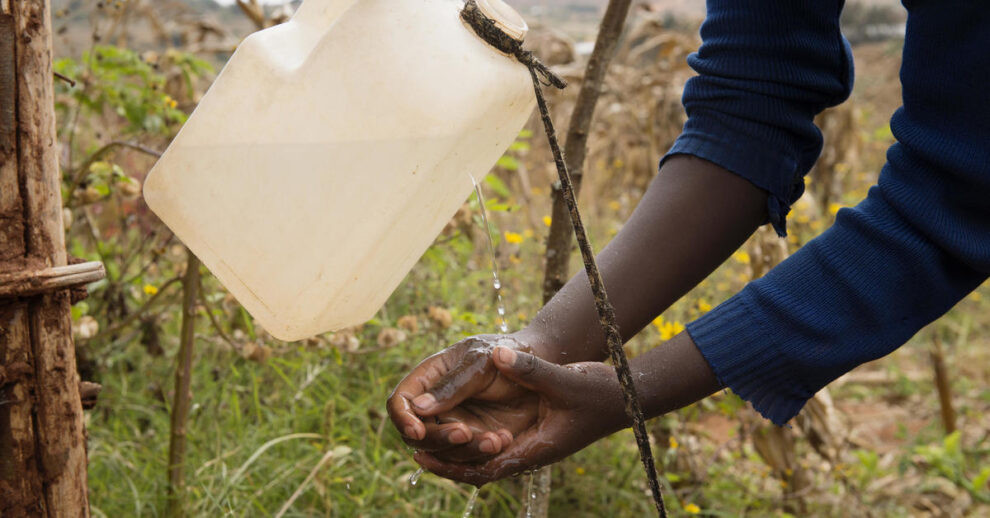Zanzibar, the Indian Ocean archipelago known for its stunning white beaches and a rich cultural heritage, has been racked by no fewer than 17 cholera outbreaks since the 1970s.
But, even as cholera incidence has risen globally, epidemics of the deadly stomach disease have been absent on the Zanzibar isles for the last five years.
“I used to see patients vomiting and dying. It was scary. But I haven’t heard of such outbreaks in recent years.”
– Haji Sued Haji, aged 74
Scientists say a plan adopted in Zanzibar to curtail transmission raises hopes that the disease will be eliminated on the islands by 2027. Research on the approach, conducted by scientists from the World Health Organization (WHO), the Ministry of Health for Tanzania and Zanzibar, and UNICEF, was published this year in The Pan-African Medical Journal.
The plan works
Zanzibar’s cholera plan rests on three pillars – an enabling environment, prevention and response – and encompasses a diverse set of actions, from training food workers on cholera prevention, to major investments in water and sanitation in hot-spot zones, to preventive vaccination, to stockpiling life-saving IV fluids and oral rehydration solutions where they might be needed, and more.
The model has proven “very effective”, write the researchers. Zanzibar’s high-level leadership commitment ought to be taken as “exemplary”, they add.
Relief
Residents remember the last major outbreak of cholera to hit the island. It began in September 2015, and rolled on until July 2016, sickening 4,330 people, and killing 68.
Cholera, a bacterial disease transmitted in contaminated food and water, spreads fast, sometimes killing patients in as little as a few hours after exposure.
Haji Sued Haji, aged 74, from Kisauni on Unguja island, has long experience of the epidemic bug. In the 1970s, when he had just returned from the battlefield as one of the citizens on the frontline during the war between Uganda and Tanzania, health infrastructure on the island was less developed than it is now, he says.
“I used to see patients vomiting and dying. It was scary. But I haven’t heard of such outbreaks in recent years,” he says.
Source : Vaccines Work











